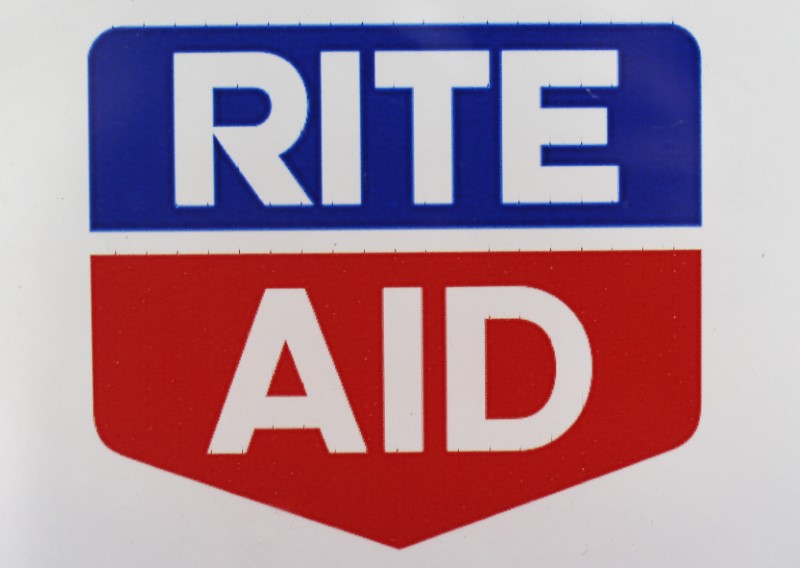By Jonathan Stempel
WASHINGTON (Reuters) - The U.S. government on Monday sued Rite Aid (NYSE:RAD) Corp, accusing the pharmacy chain of missing "red flags" as it illegally filled hundreds of thousands of prescriptions for controlled substances, including opioids.
In a complaint filed in Cleveland federal court, the Department of Justice said Rite Aid repeatedly filled prescriptions from May 2014 to June 2019 that were medically unnecessary, for off-label use, or not issued in the usual course of professional practice.
"The Justice Department is using every tool at our disposal to confront the opioid epidemic that is killing Americans and shattering communities across the country," Attorney General Merrick Garland said in a statement.
Rite Aid pharmacists were accused of ignoring obvious signs of misuse, including in prescriptions for "trinities," a combination of opioids, benzodiazepine, and muscle relaxants preferred by drug abusers for their increased euphoric effect.
The Justice Department also said Rite Aid intentionally deleted some pharmacists' internal warnings about suspicious prescribers, such as "cash only pill mill???", while admonishing them to "be mindful of everything that is put in writing."
"These practices opened the floodgates for millions of opioid pills and other controlled substances to flow illegally out of Rite Aid's stores," Associate Attorney General Vanita Gupta said.
Rite Aid is one of the country's largest pharmacy chains, with more than 2,330 stores in 17 U.S. states. It did not immediately respond to requests for comment.
The Justice Department accused Rite Aid of violating the federal False Claims Act by submitting false prescription claims to government healthcare programs such as Medicare and Medicaid.
It joined a whistleblower lawsuit filed in 2019 by two pharmacists and a pharmacy technician from Rite Aid stores in Pennsylvania, North Carolina and West Virginia.
The Justice Department occasionally joins whistleblower cases it considers stronger.
It has also sued Walmart (NYSE:WMT) Inc and drug distributor AmerisourceBergen (NYSE:ABC) Corp over their alleged roles in the nation's opioid crisis.
More than 500,000 people died from drug overdoses in the United States from 1999 to 2020, including more than 90,000 in 2020 alone, according to the U.S. Centers for Disease Control and Prevention.
The case is U.S. ex rel White et al v Rite Aid Corp et al, U.S. District Court, Northern District of Ohio, No. 21-01239.
